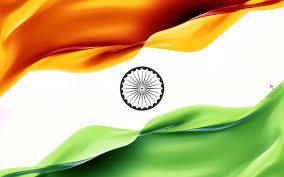Sir,
A majority verdict by the Supreme Court has made it possible to reaffirm secularism as a founding principle of our country India. the ‘church’ (or temple or mosque or gurudwara) and the ‘state’ should be separate.
A Constitution bench of seven judges has come to a reasoned decision that religion and other features of identity politics like race, caste, community or language have no place in a secular democracy going to vote.
The majority verdict, shared by the Chief Justice of India, interprets a crucial section of the Representation of the People Act to declare secularism – as opposed to religious bigotry as well as other forms of identity-based parochialism – as integral to “the entire transaction of the appeal to vote”. This interpretation applies to the electoral candidates and their agents. It also applies to the voters.
I celebrate what the Chief Justice has said in his judgment about the relationship between “man and God” being a matter of “individual preferences and choices”.
This has a deeply progressive implication for the definition of, and respect for, individual liberties and for the principled distance that a democratic State should maintain from these “preferences and choices” in the 21st century.
A whole realm of private freedoms opens up from these words that the State and society in India would now have to think through, discuss and debate.
Yours Truly
Partha Ghosh, Don Bosco, Guwahati, Assam


